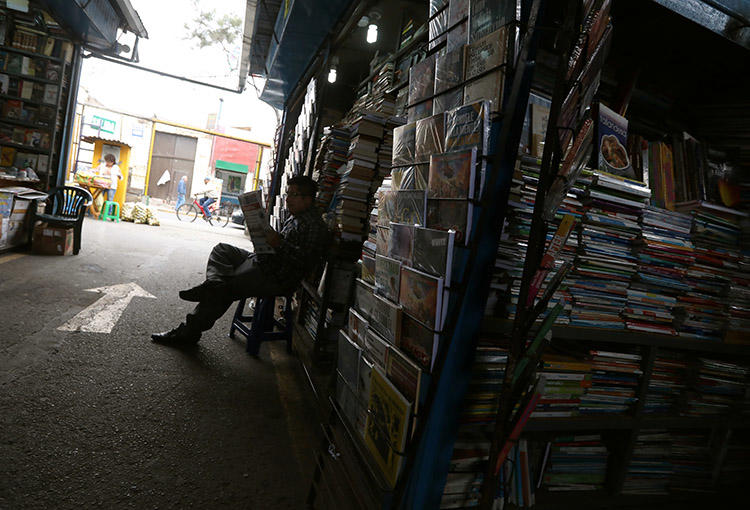Bogotá, Colombia, April 29, 2019– A Peruvian court has ordered assets belonging to the independent news website Ojo Público, its executive director Óscar Castilla, and La República investigative reporter Edmundo Cruz, to be frozen while a criminal defamation complaint against them is heard, according to news reports. The Committee to Protect Journalists today called on Peruvian authorities to refrain from enforcing the court order and to repeal the country’s outdated criminal defamation laws.
Castilla told CPJ that details of the court decision were made public on April 9. It is the latest case filed against Ojo Público in response to a series of stories published in 2016 on allegations that Miguel Arévalo Ramírez, a Peruvian-American with ties to one of the country’s main political parties, was being investigated by U.S. and Peruvian authorities for money laundering.
Neither U.S. nor Peruvian authorities have publicly confirmed whether Arévalo is under investigation. Arévalo’s lawyer, Juan Gabriel Castro, did not respond to CPJ’s request for comment.
“These criminal suits against Ojo Público, Óscar Castilla and Edmundo Cruz are an alarming attempt by a powerful individual in Peru to distort the judicial system and intimidate investigative journalists,” said CPJ Central and South America Program Coordinator Natalie Southwick in New York. “Authorities must ensure that the journalists can work freely, and take immediate steps to bring Peru’s defamation laws in line with regional and international standards.”
The judge’s order, reviewed by CPJ, did not list specific assets. Castilla told CPJ that the order could include furniture, computers, and other equipment at Ojo Pública’s rented office in Lima, as well the bank accounts of the news organization and those of Castilla and Cruz. Castilla said on April 26 that the bank accounts were still operating normally.
Since 2016, Arévalo has filed 10 criminal defamation lawsuits seeking more than $500 million in damages from Ojo Público, La República, and other Peruvian news organizations that reported on the allegations, according to news reports. Four of those cases name Castilla and three name Cruz.
In December, a court rejected a “right to be forgotten” appeal that Arévalo filed, calling for photographs and all mention of his name to be scrubbed from the internet in connection with the allegations, according to reports. The other cases are still pending.
In an interview with La República, Carlos Rivera, the defense lawyer for Castilla and Cruz, said he thinks there are numerous irregularities in the handling of the defamation lawsuits.
He said that Castilla and Cruz were not informed that Arévalo had filed another lawsuit against them until this month and have yet to be told of the specific allegations. He said the cases were being handled by separate courts, contrary to Peruvian law stating that multiple cases against the same defendants must be handled by a single jurisdiction.
Rivera described the barrage of lawsuits as an attempt to intimidate investigative journalists.
“We are going to appeal,” he told La República. “We are not going to allow the repression of the work of journalists.”
Calls by CPJ to Peru’s Ministry of Justice and Human Rights were not returned.
Castilla told CPJ that if the outlet’s assets were frozen it “would leave us totally paralyzed.” He added, “We would be unable to pay salaries, utility bills and reporting expenses.”
Founded in 2014, Ojo Público employs 17 journalists and administrative personnel, Castilla said. It receives donations from local and international foundations but, he said, such funding could dry up if the bank account was frozen.
